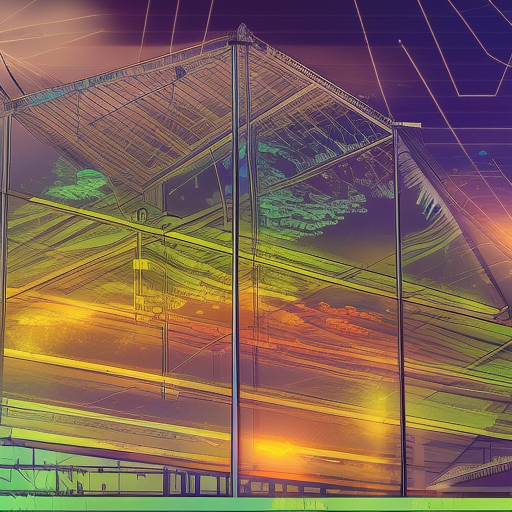
Some things can't be usefully posed as a normal market question. Questions like
Will Manifold go bankrupt before 2030?
Will I quit Manifold and delete my account before 2025?
Will there be global nuclear war before 2026?
are all going to have a strongly skewed probability, since the event coming to pass makes it almost guaranteed the market doesn't resolve. Since it can never resolve to NO, everyone may as well bet on YES, and the market's probability will trend towards 100% even if the average trader's actual subjective belief is much lower.
This market is an experiment for a way to get around that flaw. If it's still open at the beginning of 2024, it resolves to YES. At the beginning of each month between now and then (starting in January, so 12 total months), there is a [12th root of 0.9] ≈ 0.9% chance I will resolve it to NO.
So, if you're confident that this market will still exist at the beginning of 2024, you estimate a 90% chance that this market resolves to YES, and it's profitable for you to bet it up to 90%.
On the other hand if you're confident that Manifold will go bankrupt or we'll all be turned into paperclips before then, that means you predict this market can never resolves to YES but it might resolve to NO, and it's profitable for you to bet it down to near 0%.
There are some problems with this solution:
Traders with a 0% credance will bet all the way to 0%, but traders with a 100% credance will only bet up to 90%. So the market probability is still not an exact representation of average trader credance; it'll always display a slightly lower probability than traders actually believe.
If you have a more realistic credence of somewhere between 0% and 100%, your expected value depends on the distribution you assign over when it's most likely to stop existing. Someone who thinks there's a 10% of nuclear war within the next month and a 0% chance of anything bad happening after that will want to place different bets from someone who thinks there's a 10% chance of nuclear war occurring late 2023 and a 0% chance of anything bad happening before then, despite the fact that they both assign a 10% probability to this market no longer existing at the close date.
This market structure has no way to distinguish between different bad things happening. The difference between "Manifold goes bankrupt" and "the world is destroyed" is kinda relevant for most people, but there's no way to ask about the probability of just one of those things with this type of market; they all get lumped together.
Still, I haven't seen any better ideas, and knowing "there's a roughly X% chance that people think this market doesn't resolve for some reason" still seems useful. I've created a few markets of this type with different ending dates and probability ceilings to see what happens. (Let me know if you want to see any other tests and I'll add them here, such as a market with a non-flat distribution on the NO probability.)
🏅 Top traders
| # | Trader | Total profit |
|---|---|---|
| 1 | Ṁ53 | |
| 2 | Ṁ13 | |
| 3 | Ṁ13 | |
| 4 | Ṁ10 | |
| 5 | Ṁ4 |
I copied my comment over to https://manifold.markets/IsaacKing/will-this-market-still-exist-at-the because Isaac linked that one in a couple places to ask for feedback.
It's an interesting experiment but I don't think it works - I think everything like this ultimately boils down to discount rates.
Suppose I believe that there is a 100% chance that this market will still exist in 2024, but I have a 10% annual discount rate. Then I should not buy up to 90%, I should actually buy up to at most 81%. But it's worse than that, because the NO resolutions happen earlier than the YES resolution, pushing the correct price for me further down.
Another proposal for making bets/trades on apocalypse is to make a loan. If you believe apocalypse is likely, then you should borrow from the market, enjoy your spending now, and have a chance of never having to repay the loan. (https://www.lesswrong.com/posts/dLzZWNGD23zqNLvt3/the-apocalypse-bet) This can be generalized into saying that if you believe apocalypse is more likely than the market, then borrowing would be positive EV for you. Conversely, if you believe apocalypse is less likely than the market, it would be profitable to lend money at market rates, since you will enjoy a higher chance of being repaid than the market predicts.
But there's a big problem with that proposal: your discount rates probably matter much more than your predictions on the chance of apocalypse. E.g. when the fed raised interest rates from 0% to 4% in 2022, that changes the value of a prediction market resolving in 10 years by a factor of 1.04^10 = 1.5! That's a huge change and would likely swamp our changes in beliefs on global nuclear war or paperclipping.
Furthermore, the market's beliefs on the likelihood of apocalypse should (in principle) already baked into discount rates. If the entire market believes that there's a 50% chance of apocalypse in 10 years, then bonds with a duration of 10+years would have about half the value of an apocolypse-free world.